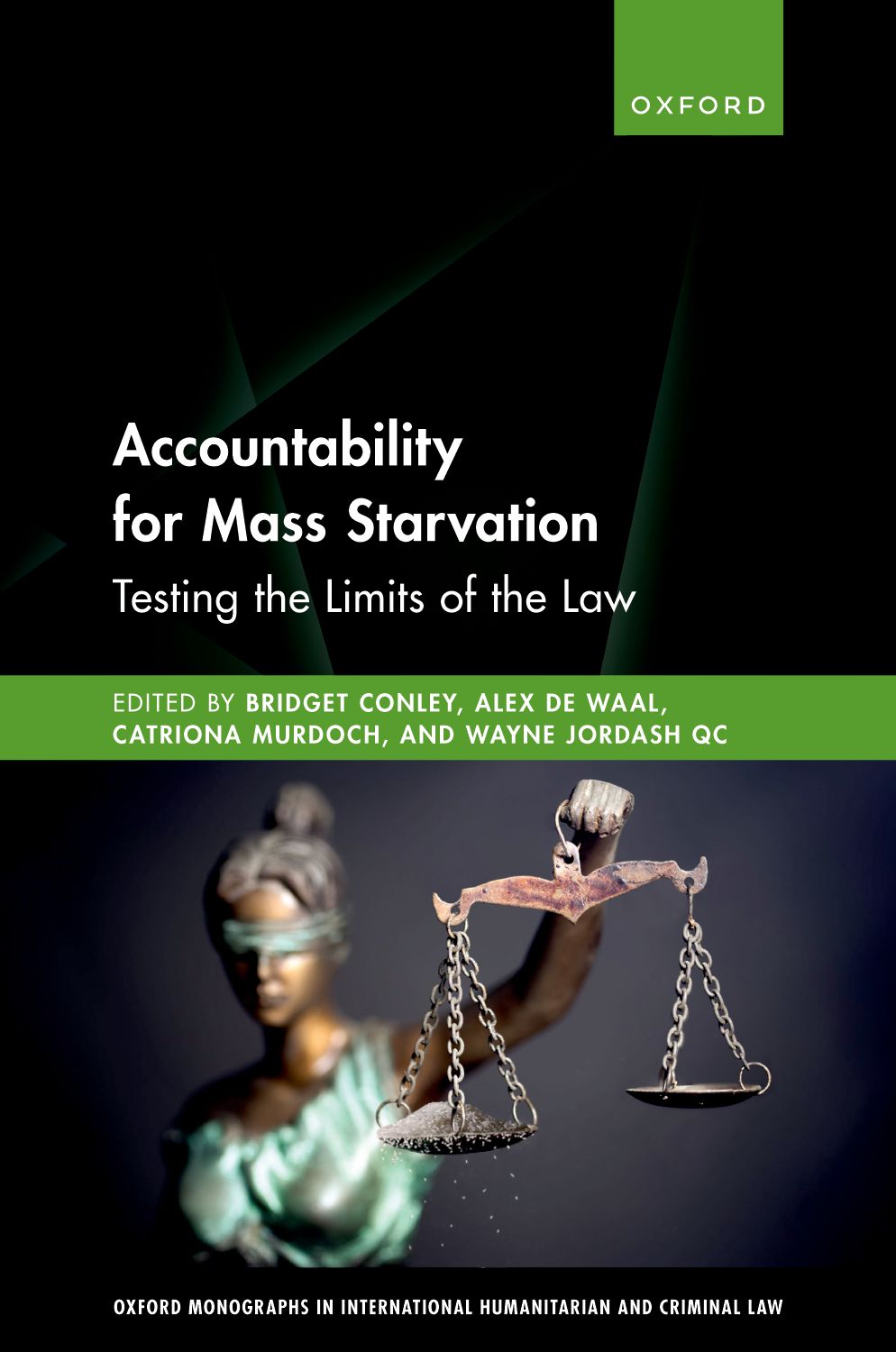Research for
non-violent futures
Featured
The WPF redefines peace through research, advocacy and engagement that creates pathways for non-violent futures. Since 1910, when WPF was created, ideas about peace and how to attain it have evolved. Our contribution lies in research and outreach informed by principles of justice.
Featured Publications
Research Areas
- African Politics & Peace
- Arms Trade & Militarization
- Atrocity Response
- Mass Incarceration
- Mass Starvation
Addressing the political economy of peace and security in Africa and the challenges of mediation, this program includes research projects and conflict analysis.
Learn More about African Politics & Peace


